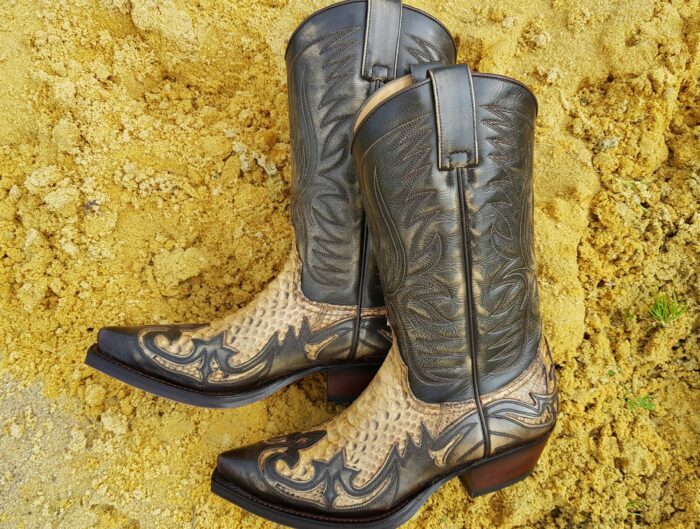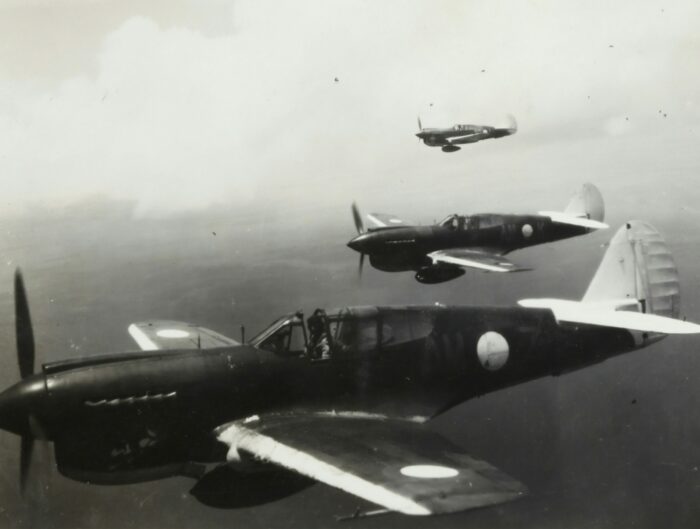The summer that the freak, lone wave crashed ashore was the same summer that Mika Carmichael went missing. The wave, which was more like a falling wall, toppled onto several hundred people and washed them out to sea. In that instant, the water erased not only sand castles on that crowded Jersey coastline, but it also snatched beach towels and umbrellas and coolers full of sandwiches and inexpensive beer. With the rainbow of paraphernalia gone, it was almost like the people who had accompanied those objects had never been there at all. Almost.
But then again, we hadn’t known any of those people, although their photos filled our TVs for a week.
We had known Mika, though. She was in our geography class where we studied different maps than our older siblings had only a few years earlier because of the Cold War’s end; that class came to be less about the new nation states than the realization that such seemingly firm boundaries could so easily be obliterated. Mika was also on the cheerleading squad, where she was one of the girls on the pyramid’s base—sturdy, never the flyer. Then again, she was our excuse on a Friday night when we went out with a boy who drove a motorcycle, pierced his eyebrow, smoked. We knew we could always claim to be sleeping over at the Carmichael’s.
She was many things to many people. She was our classmate, teammate, and friend.
One day shortly after graduation we saw Mika biking with a blue raspberry slushie in one hand. She held her drink aloft as a sign of greeting when she rode by. We watched as she pedaled down the street, and once she receded from view, we never saw her again. She was simply gone.
There was no explosion, no note, no shoot out, just a silence where there had so recently been a girl.
We didn’t know if Mika’s disappearance from our lives was related to her own casual boyfriend. He was a faceless guy, whose name we didn’t know, but for him she’d slipped out of her bedroom window like a breeze into the cricket-filled night. She could have walked out the front door in all her materiality, though, because her parents, consumed by their own impending divorce, never seemed to notice, or care, if she was there at all.
We didn’t know if it was because she hadn’t gotten into any of her college choices! How that could happen—we didn’t understand—but we assured her that she was still on the waitlist for her safety school, and it just had to accept off that list long into May, June, July…
We didn’t know if after hearing about all those people at the shore, she merely wished to wipe everything about herself clean away.
We didn’t know why she left, but some days we felt left behind, like we had been stranded in our own lives.
We didn’t know, and we would never know, even after we slipped right out of our own childhoods.
Still, as the years pass, we think of Mika, and admit the small ways that her absence has affected our choices even as adults. When some of us are angry, although we temper the tone of our rage, we let our desires be known—sometimes to the dismay of others who think it is ok to let some stuff go. For others of us, when we go to the grocery store, we make sure to leave a post-it “be back soon” with a drawn on smiley face so that no one is afraid we will never return. And, in case we don’t, that post-it is a record that we wanted to. All of us believe that such assurances go a long way in creating a sense of stability, no matter how our loved ones mock our attempts.
There are other ways that Mika altered us as well, but those ways we don’t admit, even to ourselves. For we know without knowing—because of her—that oblivion is too large a risk to take.
As the news rages on, as we fight for a raise yet again, as life shifts repeatedly beneath our feet, we try not to remember that summer now decades in the past because with it comes the slip of a smile on Mika’s face right before she biked out of our lives. And when we remember Mika, the calm expanse of empty sand on our TVs from all those years ago creeps out from the recesses of our minds. So that, then, we find ourselves trying not to acknowledge that along with the terror of that televised day there came a fleeting sense of freedom—a freedom that we will always associate with escape and the delight of a carefree summer afternoon. ◆


